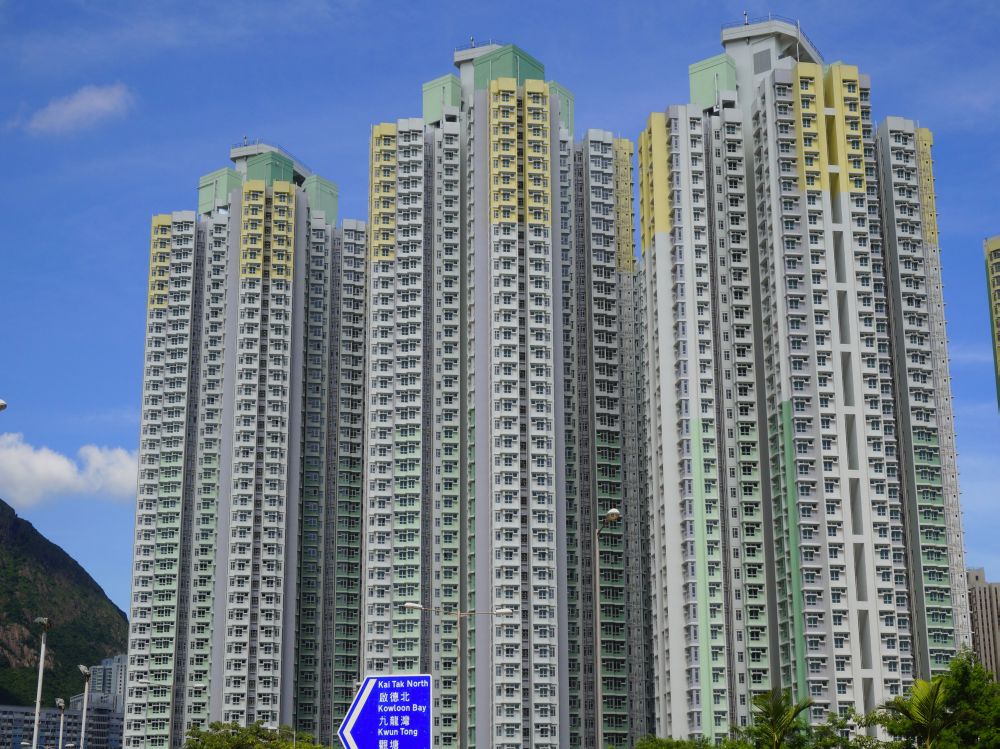Hong Kong’s corruption watchdog has officially opened an inquiry to investigate whether corruption or the abuse of power have played a part in the scandal of excessive lead in water that has affected housing estates and schools throughout the territory.
People Power legislator Albert Chan Wai-yip announced the opening of the Independent Commission Against Corruption case on Monday night, two months after members of the Association for Democracy and People’s Livelihood and People Power first submitted the case to the ICAC in July.

Concerns over the government’s handling of the affair and the possibility that corruption may be to blame were raised soon after the Democratic Party’s revelations that water samples at the Kai Ching Estate were found to contain excessive amounts of lead.

The news comes as the Education Bureau confirmed that water at the Yan Chai Hospital Kwok Chi Leung Kindergarten in Sai Ying Pun contained levels of lead that were three micrograms higher than the World Health Organization’s recommended safety level of 10 micrograms per litre, making it the second kindergarten to be affected.
The government has also appointed an independent commission chaired by a judge to investigate the issue. The commission is expected to report in nine months’ time.
